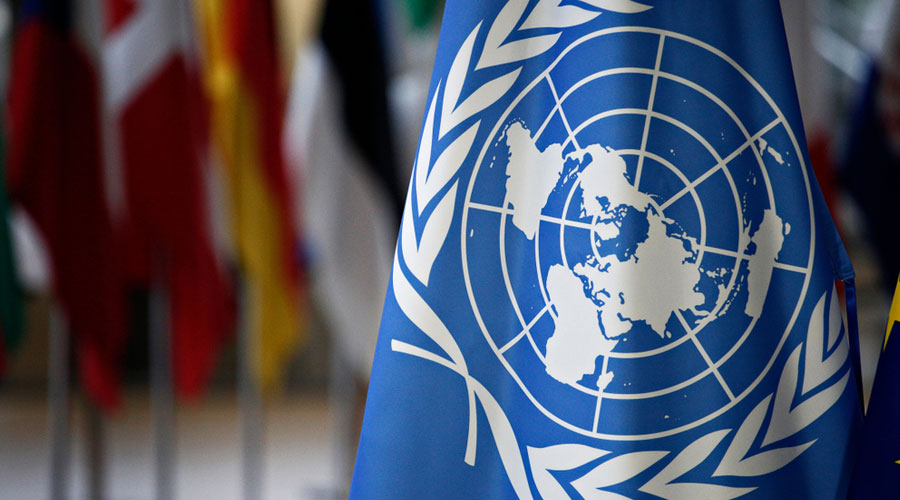The United Nations launched a record-breaking appeal to international donors on Thursday asking for $51.5 billion to tackle spiralling levels of desperation, fuelled in part by Russia’s war in Ukraine.
The disruption to food and fertiliser shipments caused by the war has combined with climate-related disasters and a looming threat of a global economic recession to produce what the UN appeal warns is “the largest global food crisis in modern history”.
“The needs are going up because we have been smitten by the war in Ukraine, by Covid, by climate, and I fear that 2023 is going to see an acceleration of all those trends,” Martin Griffiths, the UN humanitarian aid coordinator, told reporters in Geneva.
About 339 million people, or one in every 23 people on the planet, will need assistance in 2023, the UN estimates. That is 25 per cent above the 2022 figure and bigger than the population of the US, the world’s third most populous country.
“It’s a phenomenal number, and it’s a depressing number,” Griffiths said. Global needs, he added, are outstripping the capacity of relief agencies to meet them.
Ukraine tops the list of funding needs for a single country going into 2023, he said.
UN agencies have delivered aid to more than 13 million people in Ukraine this year and are seeking $5.7 billion in 2023 to keep assistance flowing into the country and to some 5 million Ukrainian refugees who have fled the war for other countries in Europe.
To deal with the humanitarian crisis triggered by the war, the UN said it had delivered the largest cash assistance programme on record, providing $1.7 billion to more than six million people, up from 11,000 people in the previous year.
At least 222 million people in 53 countries will face acute food shortages by the end of this year, the United Nations estimates. Five countries are already grappling with famine, Griffiths said, and 45 million people in 37 countries are facing the risk of starvation.
The number of displaced people has climbed to more than 100 million, a record high, Griffiths noted.
Threats to public health remained another challenge, he said, citing the continuing spread of Covid-19, the return of Ebola to parts of Africa and outbreaks of cholera, typically associated with conflict and displacement, that are occurring in 30 countries.
The worry for UN and international relief agencies, Griffiths said, is the yawning gap between humanitarian needs and the funding available. In previous years, the UN typically raised about 60 to 65 per cent of the funding it requested. In 2022, it fell to less than half. The UN had appealed for $41 billion for humanitarian relief at the start of the year but, by mid-November, had raised its appeal to $51 billion and had received $24 billion.
Key international donors — including the US, Japan, South Korea, and Nordic and other European countries — had largely sustained or even increased their funding. “The gap is because of the needs, not the funding,” Griffiths said.
(New York Times News Service)












